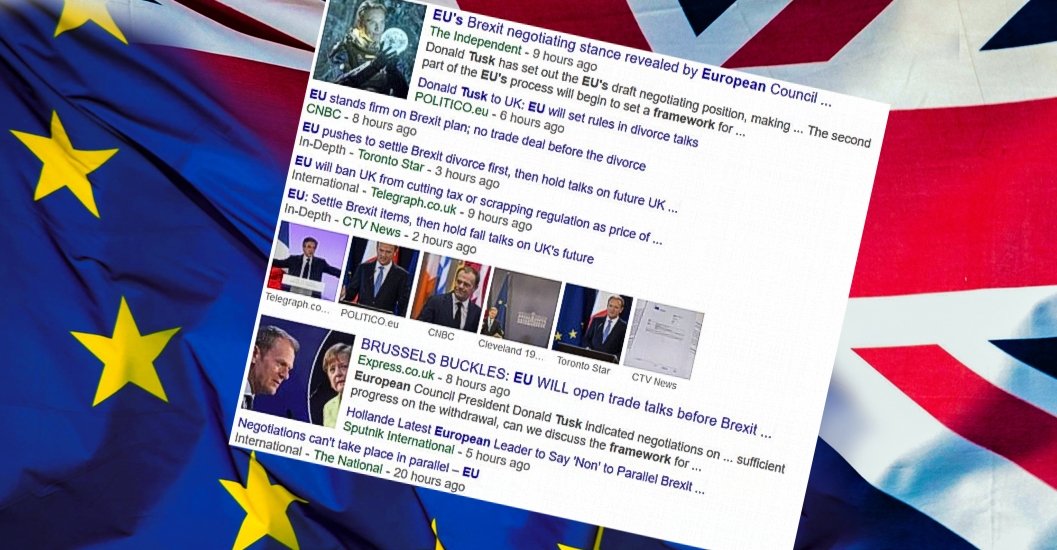By Peter Ungphakorn
POSTED OCTOBER 27, 2019 | UPDATED OCTOBER 29, 2019
Some hard-hitting comment has been written recently about the dangers of using of unnamed sources in reporting about Brexit. Less attention has been paid to how the main broadcasters put different aspects of Brexit into separate reporting categories — particularly “politics” — and how this affects the debate.
The two issues are linked, though. The priority given to what the “sources” say colours the meaning of “political” reporting too. Journalists compete to get the scoop instead of providing the most informative coverage. They are not the same.
Continue reading “Opinion: Brexit challenges the meaning of ‘political’ reporting”





